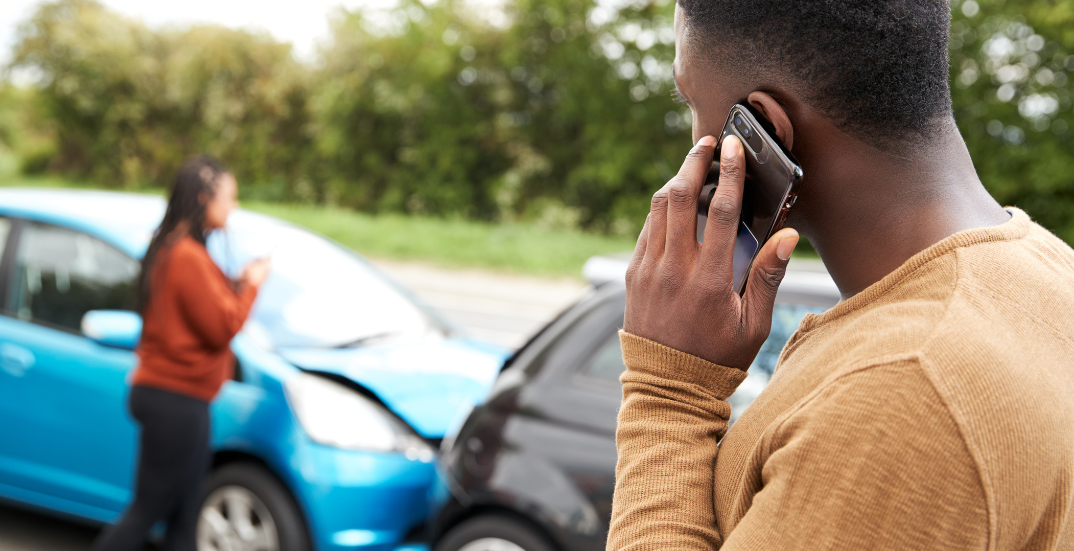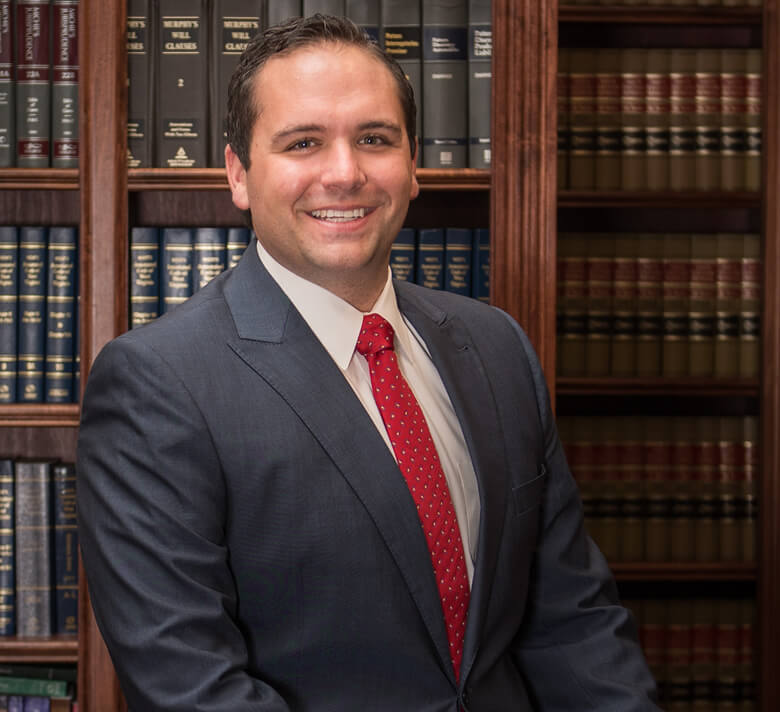
Car accidents can be stressful, and in the heat of the moment, important details like insurance information may slip through the cracks. In West Virginia, like most states, exchanging insurance information is crucial for filing a claim. But what happens if you don’t get the other driver’s insurance details? Whether the driver refused, fled the scene, or was uninsured, there are steps you can take to protect your rights and ensure you get the coverage you need.
In this blog, we’ll walk you through the key actions to take if you didn’t get the other driver’s insurance information at the scene of the accident.
The first thing you should do after any accident, especially if the other driver didn’t provide their insurance information, is to call the police. Having law enforcement involved ensures there’s an official record of the incident, which can be helpful for filing insurance claims or legal actions later on.
Under West Virginia’s Erin’s Law, drivers are required to stop at the scene of an accident and exchange information, including their insurance details, with others involved. If the accident results in injuries, fatalities, or property damage exceeding $1,000, you are also legally required to report it to the police immediately. Failing to comply with this law can lead to penalties.
A police report is not only a legal requirement but also a vital piece of evidence for your insurance claim. If the other driver refuses to provide their insurance information, law enforcement officers can help secure this information. Police officers also document crucial details like the other driver’s name, contact information, and the circumstances of the accident. This official report will serve as essential proof if you need to file a claim or pursue legal action.

In some cases, a driver might refuse to give you their insurance information, whether due to hostility or because they don’t have coverage. Don’t worry—there are still ways to protect yourself.
When the other driver refuses to cooperate, the police can step in. Once on the scene, law enforcement will request the driver’s license, registration, and insurance details. While a driver may refuse to give this information to you, they are unlikely to refuse a request from a police officer.
If the driver is uninsured, the police can issue citations and report them for violating West Virginia’s insurance laws. Uninsured drivers are subject to fines and penalties for driving without coverage. Even if the other driver lacks insurance, you are not left without options. Your own insurance policy may cover the damages, especially if you have uninsured or underinsured motorist coverage.
If you were unable to get the other driver’s insurance information at the scene, your next step is to contact your own car insurance provider. West Virginia requires all drivers to carry uninsured/underinsured motorist (UM/UIM) coverage, which can help in these situations.
If the other driver fled the scene of the accident, this is considered a hit-and-run. In such cases, file a report with the police and then notify your insurance company as soon as possible. Your uninsured motorist coverage can help pay for your damages, including medical bills and vehicle repairs.
Your UM/UIM coverage kicks in when the at-fault driver either lacks insurance or doesn’t have enough to cover your losses. This type of coverage is mandatory in West Virginia, so you can file a claim with your insurer to recover compensation for medical expenses, vehicle repairs, and other related costs. Be sure to file your claim promptly, as there are deadlines that could affect your ability to receive compensation.
Even if the at-fault driver is uninsured or you couldn’t obtain their information, you may have other legal options to recover compensation.
In some cases, another party besides the driver may bear liability for the accident. Depending on the circumstances, you could pursue a claim against:

Navigating the legal process after a car accident can be complex, especially when the other driver doesn’t have insurance or refuses to provide it. An experienced car accident attorney can help you explore all possible avenues for compensation, including third-party claims. They will work on your behalf to gather evidence, negotiate with insurance companies, and ensure you receive the maximum compensation available under the law.
If you discover that the insurance information provided by the other driver is false, report it to the police and your insurance company immediately. Your insurance provider can investigate the matter and guide you on the next steps.
Yes, you can still file a claim with your own insurance company under your uninsured/underinsured motorist coverage. This type of coverage is mandatory in West Virginia, protecting you in situations where the at-fault driver lacks insurance or cannot be identified.
In West Virginia, it’s best to report the accident to the police and your insurance company as soon as possible—ideally within 24 hours. State law requires you to report accidents involving injuries, fatalities, or property damage exceeding $1,000.
If you didn’t get the other driver’s insurance information after a car accident, don’t panic. There are steps you can take to protect yourself and ensure you receive the compensation you deserve. By reporting the accident to the police, contacting your own insurance company, and exploring your legal options, you can navigate this challenging situation with confidence.
Need help after a car accident in West Virginia? Contact our experienced car accident attorneys today for a free consultation. We’ll guide you through the legal process and fight to get you the compensation you deserve.

Member at Manchin Injury Law Group
Attorney at Personal Injury

Attorney Timothy Manchin established the Manchin Injury Law Group in 2011 after his law partner of more than 25 years became a West Virginia circuit court judge. His focus is on helping individual clients and entire families victimized by negligent acts.
We offer a free initial consultation at our office in the Manchin Professional Building — our home since 1983 — conveniently located in Fairmont.
If you are unable to visit our firm, we can come to your home or hospital room.
Fill out the form below to get in touch!